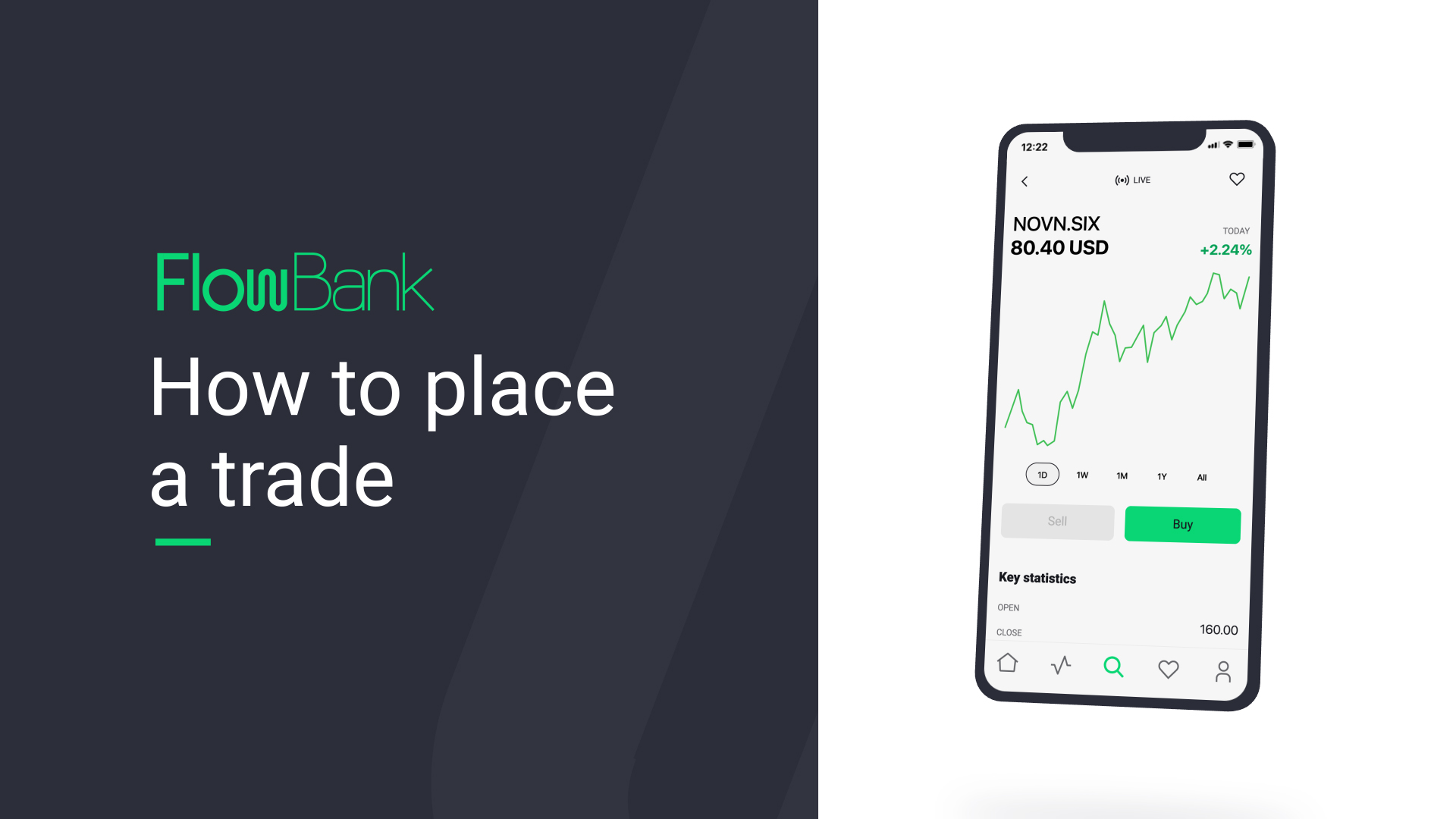How does the stock market work ?
The stock market is a collection of markets where stocks (shares of ownership in businesses) are traded among investors. Stocks and other securities are usually bought and sold as investments on a stock exchange via stock brokers. The stock market can be used to measure the performance of an economy or particular sectors of it.
The stock market is important because it allows companies to raise money by selling shares to investors, and it also allows investors to invest their money by buying shares in companies. Stock markets are a key part of the global financial system and play a vital role in deploying investment funds into the economy.
What is a stock investment ?
Stock investment is an ownership stake in a publicly traded corporation. When you purchase stock, you become a partial owner of the company and are entitled to a portion of its profits or losses, depending on its financial performance. Stocks are equity investments, while bonds are debt investments.
Stock prices are dictated by the interactions of supply and demand in the market, which is determined when trading. Stock prices tend to rise over the long term but can fluctuate greatly, so it's important to do your research before searching for brokers and investing. You should also have a clear understanding of your investment goals and risk tolerance.
Stock investments can be volatile, but they can also offer the potential for high returns. If you're thinking about investing in stocks, it's important to educate yourself. One place to do so is the FlowBank blog and education centre.
How to invest in stocks ?
The best way to invest in stocks depends on your goals and your tolerance for risk. If you're looking for long-term growth, you might want to invest in blue-chip stocks, which are stocks of large, well-established companies that are less likely to experience large price swings. Another way to invest is using pooled investments like mutual funds or ETFs (Exchange-traded funds).
If you're looking for more immediate gains, you might want to try day trading or invest in small-cap stocks, which are stocks of smaller companies that tend to be more volatile but can offer greater potential for growth.
It’s highly advisable to do your research about which stocks or funds offer a good opportunity and also which brokers can facilitate your investing. All the stocks that you invest in will make up your stock portfolio. A portfolio should ideally be diversified to protect your money when certain stocks fall in value. Once you've decided which stocks you want to invest in, you can open an account with FlowBank to place your order.
How to start investing in stocks ?
You might first consider, what is your investment goal? Are you looking to generate income, or grow your wealth over time? Second, what is your risk tolerance? Are you willing to accept the potential for losses in order to potentially earn higher returns?
Once you have a clear understanding of your investment goals and risk tolerance, you can begin to research different stocks or funds containing multiple stocks. There are a number of online resources that can provide you with stock quotes and analysis. You can also speak with a financial advisor to get recommendations on which stocks to buy.
When you're ready to start investing and build your portfolio, choose from a list of brokers, open a brokerage account and deposit the money you want to invest. Then, you can begin buying and selling stocks through the broker's account. Sometimes the account will offer other types of equity trading like options, but these are not always suited to new investors. It's important to monitor your investments and sell stocks that are no longer performing well. With proper research and careful monitoring, investing in stocks can be a great way to grow your wealth over time.
What are the best stocks to invest in ?
The best stocks for you to invest in are those that fit your personal investment goals and the amount of risk you are willing to take. As a general rule, the best stocks to invest in are those that are undervalued by the market and have strong fundamentals and growth potential.
How do you know when to buy a stock ?
First, you should have a clear investment strategy and objectives. This will help you identify the types of stocks that fit your goals and risk tolerance. Once you have a list of investment options, you can begin to research them further.
When looking at a stock, you should consider its financial stability, growth potential, and valuation. You should also pay attention to market conditions, market sentiment and the overall economic climate. If you have a solid understanding of these factors, you will be in a better position to make informed investment decisions.
How do beginners buy shares ?
There are a few things to keep in mind when buying shares as a beginner. First, it's important to research the individual company before investing. Look at the individual company's financial statements and read up on its business model. It's also important to understand your options and have a clear idea of what you're looking to get out of the investment. Are you looking for long-term growth potential, or are you looking for income from dividends?
Once you've done your research and you're ready to buy, you'll need to open a brokerage account. There are numerous brokers to choose from and some brokers offer different features to others. You will be best served to choose brokers that are officially regulated. You can do this through a traditional broker like a bank, or you can open an account with an online broker. FlowBank offers an online Swiss bank account for trading and investing, regulated in Switzerland. Once you've opened your account, you'll need to deposit money into it. Then, you can place an order to buy shares. You'll need to specify how many shares you want to buy and at what price you're willing to buy them.
Once your order is placed, it will be filled by the broker via the account. That means that the broker will find someone who is willing to sell you the shares at the price you're willing to pay. Once your order is filled, you'll own the shares and can hold onto them for as long as you want, or you can sell them at any time.
How to choose a shares trading platform ?
There are many different share trading platforms from different brokers available to investors today. With so many options, it can be difficult to choose the right one. Here are a few things to consider when choosing a shares trading platform:
Cost: Different brokers charge different fees for trades. Be sure to compare fees and costs between brokers before selecting a platform.
Ease of use: Some platforms are more user-friendly than others. If you are a beginner, you may want to choose a platform that is easy to navigate.
Features: Some platforms offer more features than others. Consider what features are important to you and select a platform that offers them.
Customer service: In the event that you have questions or need help with something, you will want to choose a platform with good customer service.
By considering these factors, you will be able to choose the best shares trading platform for your needs.












